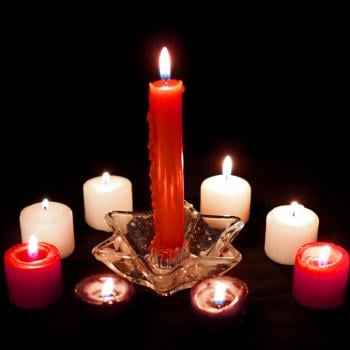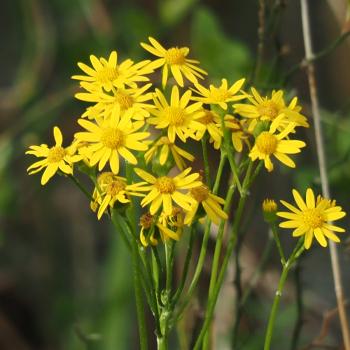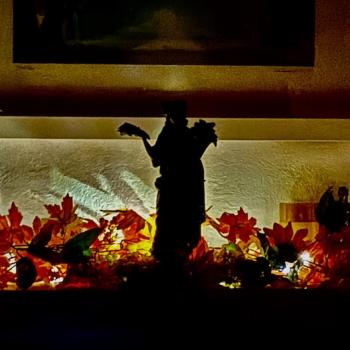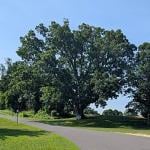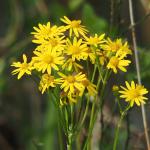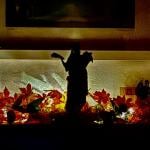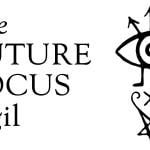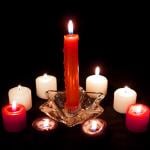In Druidry we identify three kinds of ancestors: Those of blood (you get no say in them!), those of place (connecting you to wherever you are), and those of tradition (whom we choose). For me, all family involves those three threads. There may be a degree of inevitability around our blood connections, but even then we can choose to walk away. Blood does not have to be an obligation, and I know many people who have walked away from people in their birth families.
No matter which aspect of family we’re dealing with, we make our families out of choice. We pick whom we give our time to and how much. Do we stay in touch? Do we call them? Show up when they need us? Would we ask them for help if we needed it? For me, that one marks the edges of many of my relationships.
How much do we let people get away with, because they are related to us? Do we accept things from our children that would be intolerable in strangers? There are reasons domestic abuse is widespread, and one of those reasons is that when we love someone we don’t want to ‘betray’ that by admitting they are violent, dangerous, damaging. It would shame or bring dishonour on the family to admit how things really are… As though the shame lies in the exposure, not in the action. We may feel similarly obliged to close ranks around people in our tribe rather than face the wider world thinking ill of our people. It’s an approach that enables abuse.
On the flip side of this, we can ask what price membership has. What do we have to do, or permit to be done to us in order to remain? What level of conformity is required for membership, and how far will we go in punishing those who transgress? There are families and tribes who will kill people who break the rules.
The ideal is a family or tribe held together by bonds of love, respect and mutual support. When fear of not having a place to belong is greater than anything else (and it so often is), what will we tolerate in order to have membership? What will we sacrifice? We uphold the ancestors as spiritual presences and important influences in Druidry. What happens when your own ancestry doesn’t deserve that? How do you honour that which in itself, has no honour? We tend to default to talking about ancestry as a good thing, saying “Hail blessed ancestors” rather than dealing with any possibility of wounds or dysfunction.
Who we are is shaped by where we come from, and in choosing how we deal with that, we define ourselves. There’s no magical right place to draw lines, no reliable rules about how we should relate to our blood kin, our geographical communities and our traditions. There’s what we do, and what they do, and how those connect. It is always worth asking if some better options are available.
Druid Thoughts is published on occasional Wednesdays on Agora. Follow it via RSS or e-mail!




